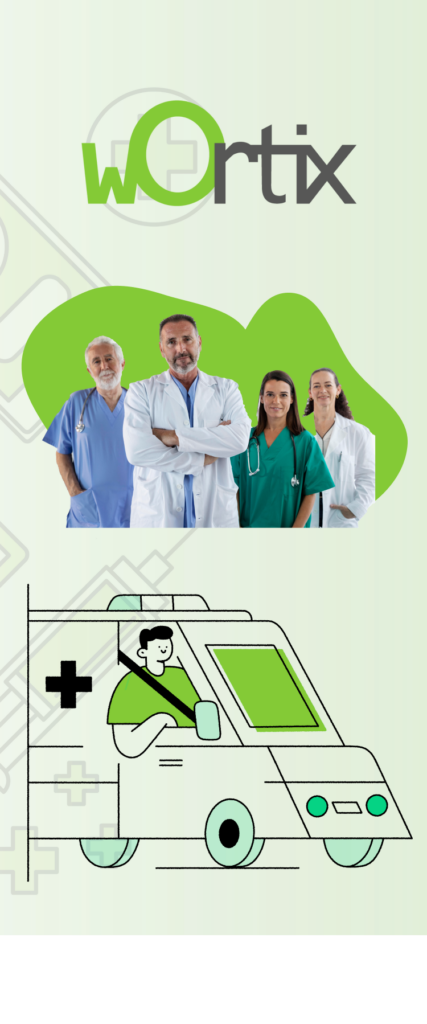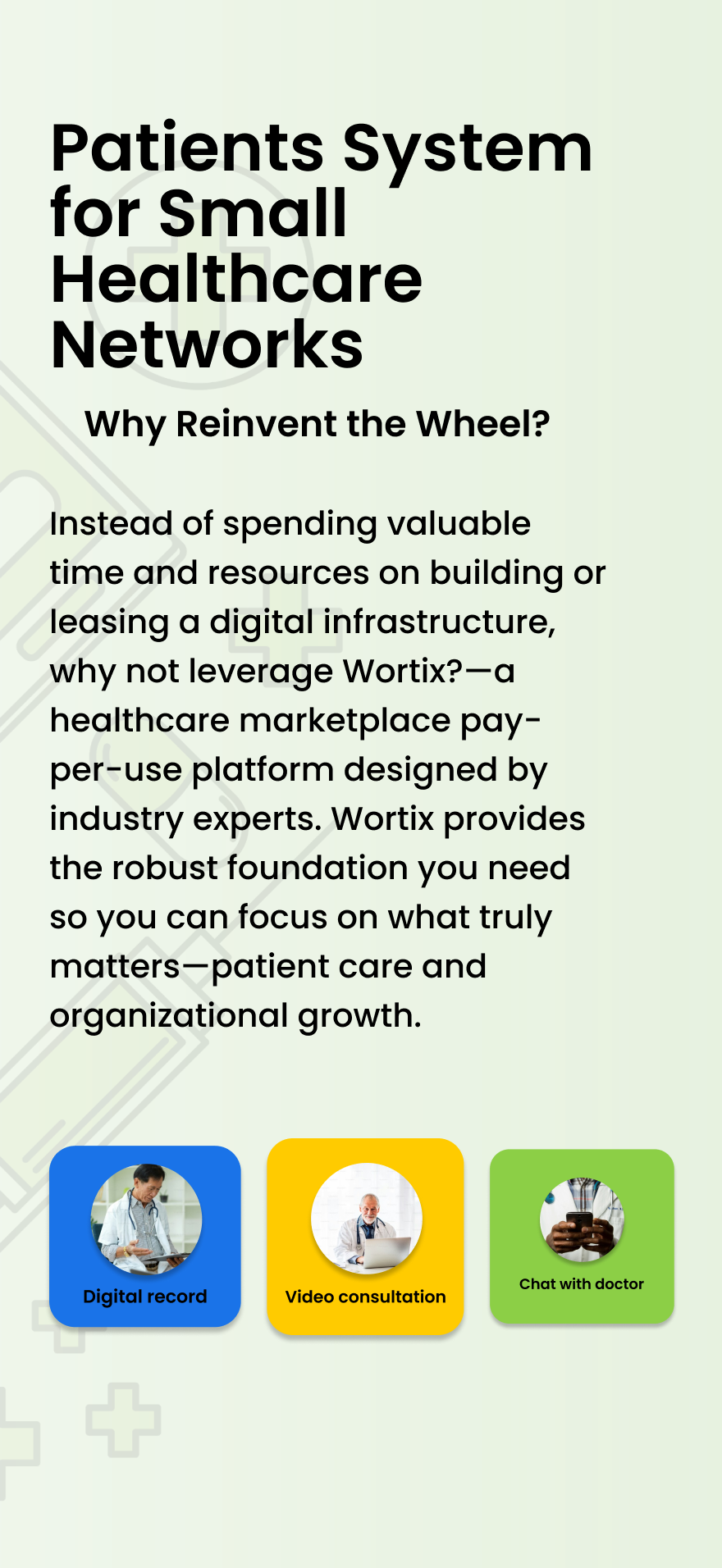Gene therapy is an innovative medical technique that is being utilized to treat severe genetic diseases. It involves the introduction of healthy genetic material into the body’s cells to replace or correct damaged or defective genetic material. In recent years, there have been significant advancements in gene therapy that are opening new opportunities for the treatment of genetic diseases. This article explores the diseases treated with gene therapy, recent research advancements, and the advantages of online healthcare systems in supporting gene therapy treatments.
What diseases are treated with gene therapy?
Gene therapy is being used to treat several diseases, including:
- Sickle Cell Anemia: Gene therapy is being employed to correct the genetic mutation that causes this disease, potentially helping prevent the painful symptoms and associated mortality rates.
- Duchenne Muscular Dystrophy: Gene therapy is being used to replace the defective gene responsible for this disease, which could improve muscle function and halt disease progression.
- Hemophilia: Gene therapy is being utilized to correct the gene defects that cause blood coagulation deficiencies in individuals with hemophilia.
- Parkinson’s Disease: Gene therapy is being employed to introduce genes that produce dopamine into the brain, potentially improving the symptoms of Parkinson’s disease.
- Cancer: Gene therapy is being used to genetically modify immune cells in the body to enhance their ability to recognize and attack cancer cells more effectively.
- Metabolic Disorders: Gene therapy is being utilized to treat rare metabolic disorders such as lipoprotein lipase deficiency and Gaucher disease.
- Immunodeficiencies: Gene therapy is being used to treat diseases that affect the immune system, such as severe combined immunodeficiency and chronic granulomatous disease.
Advancements in Research
One of the major advancements in gene therapy is the CRISPR/Cas9 technology. This gene-editing tool enables scientists to make precise changes to the DNA of cells, including altering disease-causing genes. Recent clinical trials using CRISPR/Cas9 have been conducted to treat diseases like sickle cell anemia and Huntington’s disease.
Another significant breakthrough in gene therapy is the development of safe and effective viral vectors for delivering genetic material to the body’s cells. Viral vectors are used to transport healthy genetic material to the cells, and recent advancements have improved the safety and efficacy of these vectors.
Additionally, emerging gene-editing technologies, such as RNA-based gene therapy, utilize ribonucleic acid (RNA) instead of DNA to correct genes. This technique can be less invasive and easier to administer than other forms of gene therapy.
Gene therapy is also being employed to treat non-genetic diseases like cancer. One form of gene therapy known as adoptive immunotherapy uses genetically modified T cells to target cancer cells in the body.
In summary, advancements in gene therapy are creating new opportunities for the treatment of both genetic and non-genetic diseases. Ongoing research and development of new techniques and technologies aim to improve the safety and efficacy of gene therapy, potentially having a significant impact on global health and well-being.
A study titled “Engineering the Next Generation of Cellular and Gene Therapies” conducted by Cedars-Sinai researchers focuses on the use of expandable modified cells as a promising new strategy for treating neurodegenerative diseases. The researchers are developing a novel approach to treating amyotrophic lateral sclerosis (ALS) and retinitis pigmentosa using designed stem cells that could eventually lead to personalized treatments.
The new approach utilizes cells derived from human-induced pluripotent stem cells (iPSC), which are renewable and scalable. These cells have shown the ability to delay the progression of these neurodegenerative diseases in rodents. Published in the Stem Cell Reports journal, this research marks a significant first step toward achieving more personalized therapies for individuals with these currently incurable conditions.
Advantages of Online Healthcare systems for gene therapy treatments:
Online healthcare systems offer several advantages in managing gene therapy treatments. Firstly, these systems provide easier access to up-to-date information about gene therapy. Patients and their families can obtain details about potential benefits, associated risks, and treatment limitations through online platforms. This comprehensive understanding of gene therapy helps them make informed decisions about their treatment.
Furthermore, online healthcare systems facilitate virtual consultations with healthcare professionals specialized in gene therapy. Patients can schedule online consultations to discuss their cases, ask questions, and receive guidance without the need to physically travel to a specialized medical center. This option provides convenience, especially for those living far from such centers.
Another advantage of online healthcare systems is the ability to remotely monitor gene therapy treatments. Certain aspects of monitoring, such as tracking side effects and evaluating treatment response, can be conducted remotely. Patients can submit regular reports or perform tests at home, and the results can be reviewed and analyzed by healthcare professionals through online healthcare systems. This allows for more convenient and efficient treatment monitoring.
Lastly, online healthcare systems can provide emotional and educational support to patients and their families undergoing gene therapy. They can offer educational resources, support groups, and forums where individuals can connect with others going through similar experiences. This support network can be invaluable in providing emotional support, sharing information, and addressing concerns related to gene therapy treatments.
Conclusion
Gene therapy has made significant advancements in recent years, offering potential treatments for various genetic and non-genetic diseases. Diseases like sickle cell anemia, Duchenne muscular dystrophy, and certain types of cancer are among those being targeted by gene therapy. Ongoing research and advancements in gene-editing technologies, such as CRISPR/Cas9, hold promise for further improvements in treatment efficacy and safety.
Online healthcare systems play a crucial role in supporting gene therapy treatments. They provide easy access to information, enable virtual consultations with specialists, allow for remote monitoring of treatments, and offer emotional and educational support to patients and their families. These advantages contribute to better patient experiences and outcomes in the field of gene therapy.
It is important to note that gene therapy is a rapidly evolving field, and new advancements continue to emerge. Therefore, it is recommended to consult with healthcare professionals and stay updated on the latest research and developments in gene therapy for specific diseases or conditions.
Discover how Wortix, the global healthcare network, can revolutionize your healthcare experience. Connect with specialized gene therapy doctors, access up-to-date information on advancements in the field, schedule virtual consultations, and receive remote monitoring of your treatment. Join Wortix today and experience the convenience and efficiency of having all your healthcare services in one digital environment. Improve your quality of life with the power of technology in healthcare.















